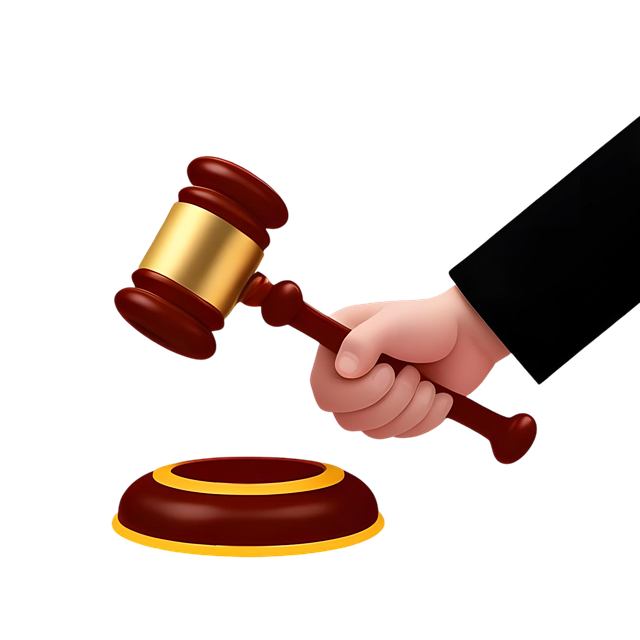Motorcycle hit-and-run cases pose significant challenges due to limited witnesses and victims' vulnerability. Police investigations involve securing the scene, collecting evidence like tire marks and CCTV footage, and interviewing witnesses. Expert analysis, including from car accident lawyers, aids in identifying responsible parties. Strategic prosecution considers severity of injuries, community surveillance, and accurate charging based on crime and auto accident implications.
In the fast-paced world, motorcycle hit-and-run incidents pose a significant challenge for law enforcement. This article delves into the intricate process of handling such cases, offering a comprehensive guide for police. From understanding the unique dynamics of motorcycle collisions to implementing effective investigation strategies and prosecuting offenders, every step matters in ensuring justice for victims. Learn how to navigate these complex scenarios and make roads safer for motorcyclists.
- Understanding Motorcycle Hit and Run Cases
- Steps in Investigating These Incidents
- Strategies for Prosecuting the Offender
Understanding Motorcycle Hit and Run Cases

Motorcycle hit and run cases present unique challenges for law enforcement. These incidents often occur with minimal witnesses and leave motorcyclists vulnerable, especially when they’re not wearing protective gear. Understanding these cases involves recognizing the distinct dynamics of motorcycle-vehicle interactions and the potential for severe injuries or fatalities. Motorcyclists are more exposed than drivers in cars, which can lead to life-altering consequences even from minor accidents, making hit-and-run incidents particularly traumatic.
Unlike slip and fall accidents or nursing home abuse cases, where liability is often clearer, determining culpability in a motorcycle hit and run requires meticulous investigation. Police must gather evidence like surveillance footage, witness statements, and vehicle damage patterns to reconstruct the incident. Additionally, they coordinate with insurance companies to track down vehicles and drivers who may have left the scene, employing advanced technologies for accurate identification. A car accident lawyer’s expertise can be invaluable during this process, ensuring that victims’ rights are protected and they receive the justice and compensation they deserve.
Steps in Investigating These Incidents

When investigating a motorcycle hit-and-run case, police officers follow a meticulous process to gather evidence and identify the responsible party. The initial steps involve securing the scene to prevent any interference with potential clues and ensuring the safety of all involved. Officers then conduct a thorough examination of the location, documenting the impact zone and collecting physical evidence like tire marks, fingerprints, or CCTV footage from nearby cameras.
The next phase includes interviewing witnesses who may have observed the incident or seen the vehicle that fled the scene. These interviews help reconstruct the events leading up to and after the collision. Additionally, police may contact a truck accident attorney or consult with experts to analyze any available data or security recordings. This comprehensive approach is crucial in building a solid case and determining appropriate injury compensation for the motorcycle driver if they suffered car accident injuries.
Strategies for Prosecuting the Offender

In the aftermath of a motorcycle hit-and-run incident, prosecuting the offender is a meticulous process that requires strategic approaches. Police authorities employ various techniques to identify and apprehend the perpetrator. One crucial strategy involves gathering and analyzing physical evidence left at the scene, such as tire marks or CCTV footage, which can provide vital leads. Additionally, they may leverage community surveillance by encouraging witnesses to come forward with any relevant information.
Another important aspect is documenting the victim’s injuries thoroughly. Unlike medical malpractice or nursing home abuse cases that deal with internal injuries and long-term effects, motorcycle hit-and-run victims often sustain visible and immediate injuries like road rash, fractures, or head trauma. This physical evidence can be instrumental in building a case against the fugitive driver. Moreover, police collaborate with prosecutors to ensure that charges are filed accurately, considering the severity of the crime and potential auto accident injuries suffered by the motorcycle rider.
In conclusion, investigating and prosecuting motorcycle hit-and-run cases require a meticulous approach. By understanding the unique dynamics of these incidents, employing systematic investigation methods, and utilizing strategic prosecution techniques, law enforcement can ensure justice for victims and deter future offenses. Staying vigilant, gathering robust evidence, and adapting to the challenges posed by such cases are essential steps in keeping our roads safe for all riders.






